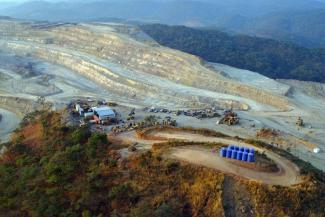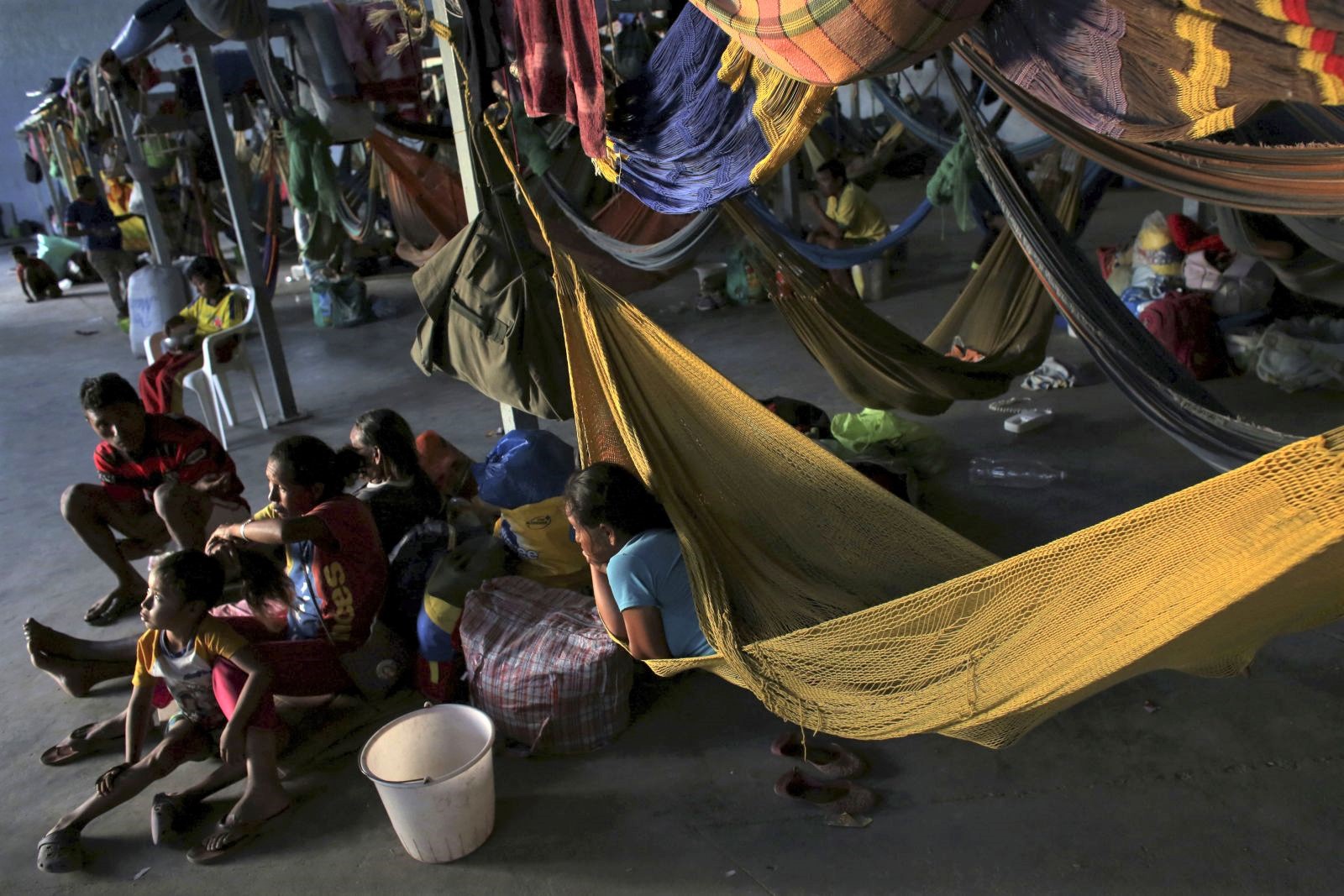International affairs
Perceptions of “the west”

When Emma Leonard, a scholar from the University of Namibia, is asked what she thinks of “the west”, her country’s special relationship to Germany comes to her mind. It is not an easy relationship. Leonard reports that Namibia gets substantial German ODA, but that this is a consequence of colonial history. Leonard points out that German troops committed genocide in the early 20th century, killing “50 % of the Nama people and 80 % of the Herero people”. Today, Namibia’s government decides what is done with German ODA, while the descendants of the two ethnic communities’ survivors have not been compensated.
For the years 2016 and 2017, Germany earmarked € 72 million of ODA for Namibia, according to the BMZ (Federal Ministry for Economic Cooperation and Development). The Namibian government appreciates the relationship with Germany, according to Leonard, but members of the Nama and Herero are suing Germany in the USA, demanding compensations (see D+C/E+Z e-Paper 2017/11, p. 28). Making matters even more complicated, most black Namibians are poor and landless, whereas major landholdings belong to people of German descent (see D+C/E+Z e-Paper 2017/07, p. 29). Leonard explains that today’s Nama and Herero need money to buy back land.
Khadija Mounia of Femmes du Sud, a Moroccan non-governmental organisation, says that women in her country are exploited by what she calls “economic colonialism”. Investors from countries like Germany, Italy and Britain have bought big farms and employ workers seasonally, she reports. Many women and even underage girls of 14 or 15 years earn less than € 6 per day, Mounia says. According to her, they live in makeshift camps without proper shelter near the farms, lacking any kind of social protection and being denied their rights. All too often, there are no written contracts. Some are forced to earn additional money as sex workers, the women’s rights activist states.
Many of the farm workers suffer asthma because they use agricultural chemicals without proper protection, and sometimes their babies are affected too. As Mounia elaborates, the employers do not inform the ignorant women of the risks, so they breast-feed their children without changing clothes. “Morocco does not benefit from the investments,” is Mounia’s conclusion, “the profits go to Europe.”
Speaking at Frankfurt’s University of Applied Sciences (UAS) in mid-May, Juliet Were, a Ugandan social-justice activist, told students that people in her country think that Germans “are very ignorant”. She admonished them to “read widely” and become “knowledgeable of global affairs”.
Were leads an organisation called Isis-WICCE which studies issues of gender, security and governance in countries like Burundi, South Sudan and Nepal. In her eyes, it is necessary “to question and challenge the manufacture and sales of arms” or, for example, “mining deals in the Democratic Republic of the Congo”. Issues of migration and displacement are linked to unemployment and political instability, she warns. In her eyes, students movements and women’s rights movements should unite to fight for justice and human rights everywhere.
Abha Bhaiya’s stance is similar. She heads the non-governmental organisation Jagrigrameen in a mountain region of northern India. She says: “Our voices are not being heard by the northern power blocks.” Mass poverty results from how land, resources and labour are appropriated, she argues.
The Ethiopian sociologist Sewnet Mekonnen Yineso teaches at the UAS in Frankfurt. He was surprised by the students’ approach to studying corruption. They did not look in their own country for documented cases of graft that they might assess – they looked for cases in India. Indeed, many Germans believe business is clean and adheres to laws in their country, even though the international reputation of big corporations such as VW, Deutsche Bank or Siemens has suffered dramatically because of major international scandals.









